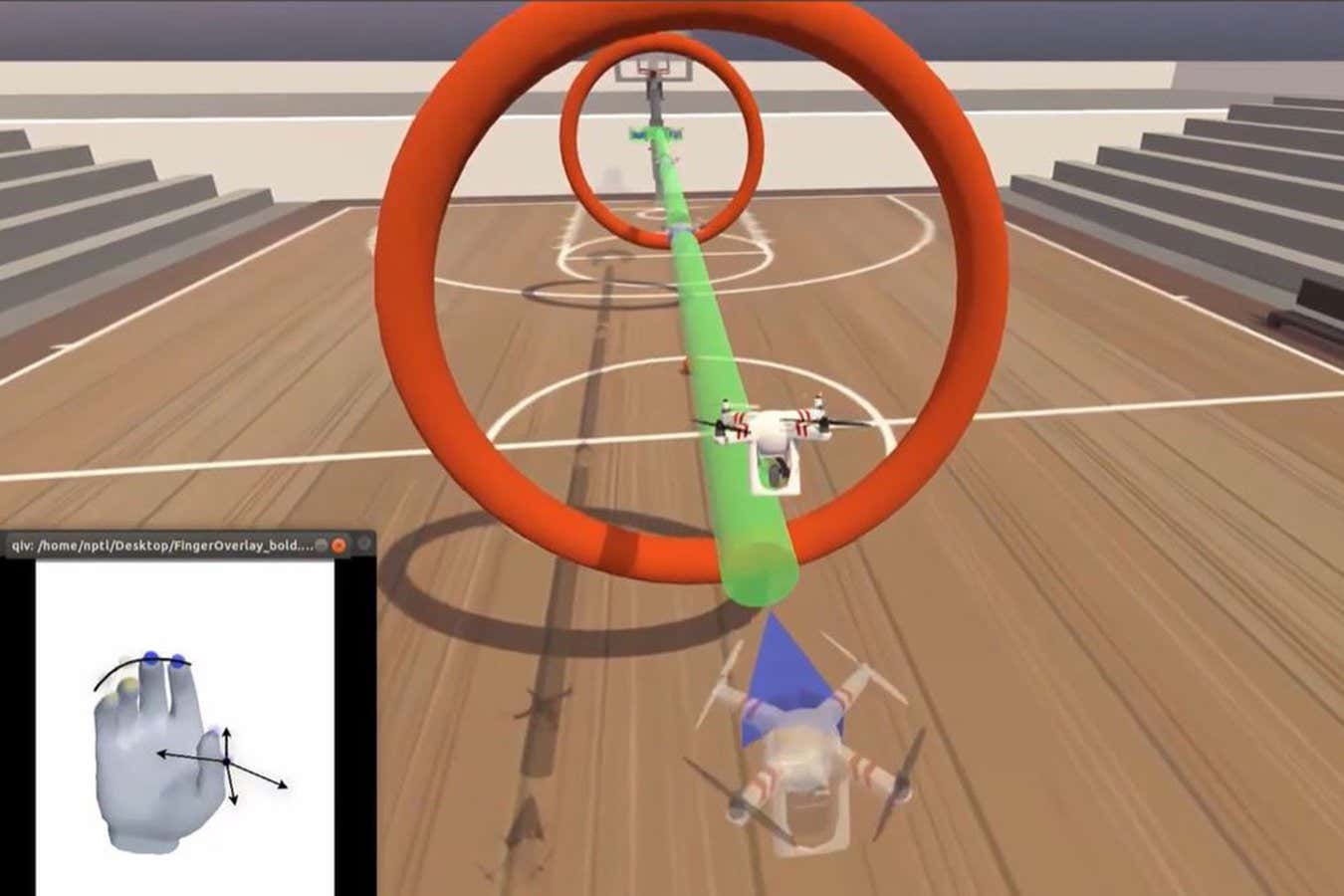The Indian Supreme Court’s issuance of notice on January 2, 2024, in response to a petition by a transwoman dismissed from two private schools due to her gender identity underscores the pervasive discrimination faced by transgender persons, particularly by private actors. While fundamental rights in India have traditionally been enforceable only against the state, exceptions like Article 17 (prohibition of untouchability) and Article 24 (prohibition of child labour) extend their applicability to private entities. This duality in the enforcement of fundamental rights raises a critical question: can the horizontal application of fundamental rights be extended to address discrimination faced by transgender persons?
The current jurisprudential stance on horizontal application of fundamental rights in India
The concept of the horizontal application of fundamental rights is not alien to the Indian constitutional framework. In several instances of judicial activism, the Supreme Court has recognized the liability of private actors for the infringement of fundamental rights, particularly in relation to socio-economic rights. In M.C. Mehta v. Union of India, the Court held tanneries responsible for polluting the Ganga River, recognizing private entities’ liability for actions violating fundamental rights. Similarly, in Society for Unaided Schools of Rajasthan v. Union of India, the Court affirmed that non-State actors must provide free and compulsory education to children, thus spreading the net of fundamental rights across private citizens and institutions, and adopting the ‘horizontal’ application of rights alongside the traditional state-citizen based ‘vertical’ application.
In K.S. Puttaswamy v. Union of India, the Court further clarified that common law rights are horizontally enforceable, while constitutional rights are typically enforced vertically. Sometimes, a single interest might concurrently exist as both a common law right and a fundamental right. The majority concluded that the right to privacy under Article 21 of the Constitution possesses such dual character, and consequently can be invoked not only against the State and its instrumentalities but also against private actors. More recently, in Kaushal Kishor v. State of UP, the Court reaffirmed that that Articles 19 and 21 apply horizontally, implying that various other fundamental rights could similarly extend to private entities. The majority reasoned that the ‘constitutional silence’ on the horizontal application of fundamental rights does not equate to a ‘constitutional prohibition’. Citing Justice Anand in Nilabati Behera, it underscored that public law seeks ‘not only to civilize public power but also to assure the citizen that they live under a system which aims to protect their interests and preserve their rights’.
Addressing discrimination claims against private educational institutions
Private unaided educational institutions possess a constitutionally recognized right to autonomy, particularly in matters of management and appointments, as affirmed by the Supreme Court in T.M.A. Pai v. State of Karnataka. However, this autonomy is subject to two significant limitations: the prohibition of mismanagement through reasonable regulations imposed in the public interest and the requirement that admission and appointment criteria conform to principles of fairness, transparency, and non-exploitation. Importantly, in September 2022, a Supreme Court bench of Justices D.Y. Chandrachud and Hima Kohli asked the Centre to formulate a policy on equal opportunities in employment for transgender persons. The Supreme Court order came on a plea filed by Shanavi Ponnuswamy who contested that she was refused the cabin crew position by Air India due to her gender identity. Referring to its landmark ruling in NALSA v. Union of India, the Supreme Court affirmed that transgender persons have the fundamental right to self-identify their gender and to live with dignity under Article 21, which encompasses access to education, employment, and public spaces. The directive to the Centre thus seeks to operationalize these constitutional principles by addressing structural inequalities and fostering substantive equality in employment for transgender individuals.
The Institutional Approach: Rethinking the Horizontal Application of Fundamental Rights in India
Legal scholar Gautam Bhatia has criticised the ‘default verticality’ prevalent in the Indian judiciary’s approach. Instead, he advocates for an ‘institutional approach’ where constitutional rights should be applied between private parties in specific contexts. This approach is justified when: (a) an institution (social, economic, or cultural) is pervasive and difficult to exit; (b) the institution creates and maintains a power imbalance between the parties involved; and (c) this power imbalance allows one party to infringe upon the rights of the other. Bhatia’s critique of the default verticality in Indian jurisprudence finds resonance in the evolving legal discourse on the horizontal application of rights. The Kaushal Kishor v. State of UP judgment unequivocally held that Articles 19 and 21 can apply horizontally, extending to private entities and individuals. This alignment is particularly relevant in situations involving institutional power imbalances where systemic discrimination creates conditions that necessitate horizontal enforcement of rights to protect vulnerable individuals.
In the context of transgender persons in India, Dalit trans feminist writer Living Smile Vidya has poignantly described transphobia as a form of ‘Brahminism’ that relegates transgender individuals to marginalized and stigmatized occupations, such as sex work and begging. This characterization of institutionalized discrimination against transgender persons as a form of Brahminism parallels the Supreme Court’s findings in NALSA v. Union of India, which recognized that systemic barriers to education, employment, and social integration constitute a violation of Article 21’s guarantee of the right to live with dignity. By framing such discrimination as a constitutional issue, Indian courts have expanded the scope of horizontal application, ensuring that private entities and societal structures are held accountable for rights violations.
The oft-quoted slogan ‘the personal is political’, attributed to feminist scholar Carol Hanisch, emphasizes that the lived experiences of marginalized communities in the private sphere are reflections of systemic injustices faced by them. The adoption of an institutional approach offers a promising solution to the pervasive discrimination faced by transgender individuals. As we move forward, it is crucial to dismantle the façade that cloaks the ‘politics of the personal’, which frequently serves to protect increasingly powerful private entities from scrutiny.










